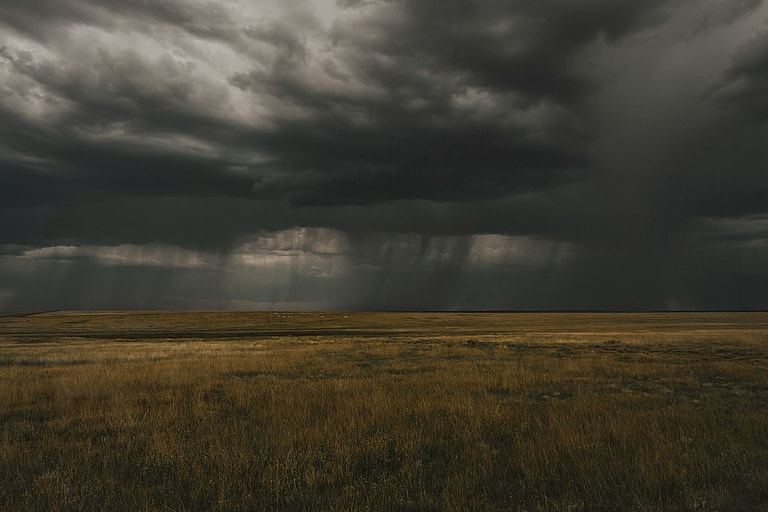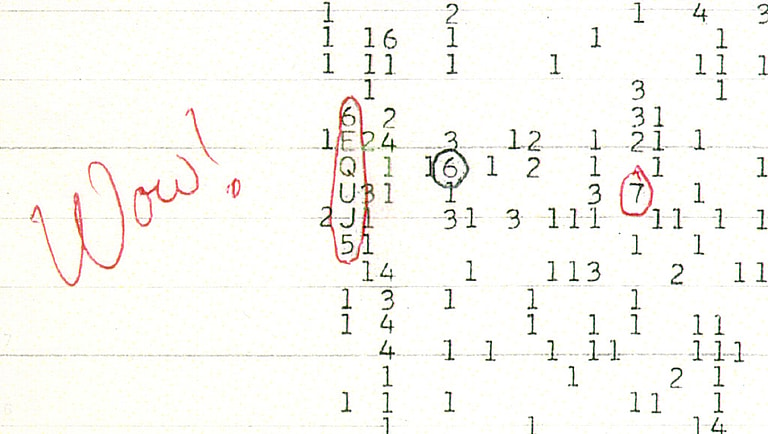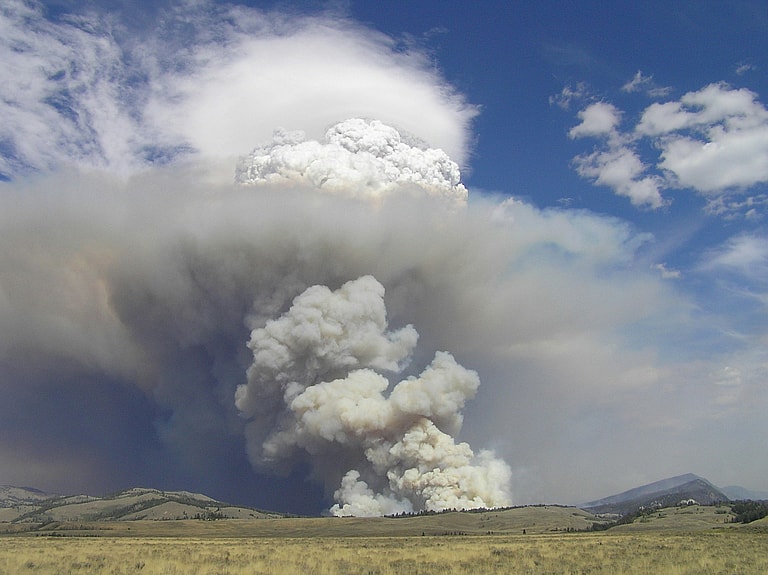
History is full of head-scratching unexplainable moments. But some days there are just wild and crazy events that it’s hard to figure out why or how it worked that way. Interested in learning about some of the strangest days ever in human history? Then you’re in luck. These ten events are still baffling historians to this day. Here are just a few of the strangest days ever in history.
Related: Unexplained Ancient Artifacts From Around The World
10. Dark Day in New England, 1780

On May 19, 1780, New England had one of the strangest days in human history. While it started as any normal day, it eventually became an eerie event that will go down in history as an abnormal phenomenon.
Towards the northeastern United States or small parts of Southeastern Canada, the sky was yellow by midmorning, and by noon, it was completely dark out. The event was so disorienting that people left school and work, many flooding churches as they believed it was judgment day.
However, when the moon started to creep up at night, the heightened emotions died down. While no one really knew the reason behind this event, reports and theories believed that it was only wildfire smoke from Canada that blocked out the view of the sun.
9. Raining Meat in Kentucky, 1876

Have you seen Cloudy With a Chance of Meatballs? Imagine if that actually happened. Well, weirdly enough it did!
One of the strangest days in history was back on March 3, 1876, in Bath County, Kentucky. A local farmer’s wife was outside making soup when she felt a slight wind, and then all of a sudden she saw meat raining down around her. She says that it rained like that for several minutes of grotesque pieces of flesh fell around her.
The gross theory is that it was produced by vultures emptying their stomachs on the animals they’ve been consuming. It’s not common for buzzards to do this, but usually if one in a flock starts, then the rest will follow, creating a shower of half-digested product.
8. The Disappearance of an Entire Village, 1903

While it might not have happened in one single day, November 1930 marks the moment in history when a whole village seemingly disappeared without a trace.
The Anjikuni people living on the shores of Anjikuni were seen throughout the travels of many, especially Joe Labelle’s travels. The Canadian fur trapper was hoping to seek refuge with them once again, stumbling to their home, when he noticed they were no longer around.
Labelle checked the huts and found clothing and food in large amounts, items that you wouldn’t usually leave behind, with no footprints around. And despite numerous investigations, the Inuits were never seen again with no idea of how they disappeared to begin with.
7. The Most Boring Day, 1954

Do you think you have it rough? Work is slow, nothing good on TV, or maybe your plans were just canceled for the evening. While it might be boring and dreadful, imagine experiencing the most boring day in the world, according to AI.
April 11, 1954, marks the most boring day. Almost every day something extravagant happens. Someone noteworthy passes, a celebrity slipped up in an interview, or an important child was just born.
Unfortunately, according to the artificial intelligence project True Knowledge, which indexed hundreds of millions of facts, it has an answer for the most boring day in history. The only information was that a Turkish academic was born that day, but nothing else significant happened.
6. The 1904 Olympic Marathon

The Olympics are exciting times. A whole group of people from all over the world comes together to support their home in the battle of strength and agility. And for the 1904 Olympics, it was by far the most chaotic experience.
In August of 1904 in St. Louis, 32 men were preparing for a marathon in broiling weather. The race started with five laps around the track, but sadly only 14 men eventually completed the race, but not in the way you might think.
One man hitchhiked to the finish line, one finished after taking a well-needed nap, and one – who eventually won gold – after drinking strychnine mixed with raw egg and brandy. It was a crazy day for in the Olympics, and one of the strangest days in human history for sure.
5. The Dancing Plague, 1518

France, July 14, 1518, a woman was found dancing in the streets of Strasbourg. This woman looked in pain, with sorrow on her face, and yet she was dancing.
The woman fell after several hours, but after a few seconds got back to her feet and continued to dance. She continued this for six days, and during that time, many others in the city shared her symptoms.
The people were described as having no control over their limbs. And those who caught the dancing plague were called out as being punished for past sins.
Imagine, on your morning commute seeing countless people dancing in the streets. It could be the start of a terrible movie or one of the strangest days ever.
Check Out: Interesting Facts About Roman History
4. UFO Battle Over Nuremberg, 1561

On April 14, 1561, the German city of Nuremberg was witness to a mysterious UFO battle. It was dawn when the people of the city saw objects of different shapes and sizes bounce around the sky. Describing the event as a battle between huge black triangular objects.
The story also adds that there was a huge crash outside the city walls. However, the strangest thing about the day was possibly the blood-red sun…
Some people say the event was a religious phenomenon, while others believe it was rival aliens battling in the sky. Either way, for the people of Nuremberg in 1561, it had to have been their strongest day ever.
3. Ancient Egyptian Strike, 1152 BC

The first-ever strike in human history happened on November 14, 1152 B.C. It occurred when thousands of laborers put down their tools to demand their rights while building the Royal Necropolis.
While it is largely believed that the Egyptian workforce was composed of slaves, historians say that Egyptians did have slaves but they were not the main workforce. Strikes are common in the modern era, but in 1152 B.C., for those involved, it must have been a very strange day.
2. The Sound From Space, 1977

On August 15, 1977, a strong narrowband radio signal was picked up by Ohio State University’s Big Ear radio telescope. The signal is known as the WOW signal and is said to have come from the constellation Sagittarius.
The astronomer Jerry R. Ehman discovered the anomaly a few days later while he was reviewing the data, the reading was ‘6EQUJ5’. Jerry circled the reading and wrote the comment “WOW” and that is where the name of the signal came from.
The WOW signal has now been explained as a passing comet. Yet, at the time… Wow!
1. The Tunguska Event, 1908

Russia, June 30, 1908. A massive 2.150-kilometer explosion in Yeniseysk flattened millions of trees and killed three people. No one knows the source of the explosion but it is attributed to the airburst of a 100-meter meteoroid.
However, there was no impact, creating serious doubts over the story… Not to mention, more than 100 years later, no trees grow within the radius of the explosion.
Also Read: Creepy Historical Facts That Will Keep You Up at Night



